 |
 |
 |
 |
|
 |
 |
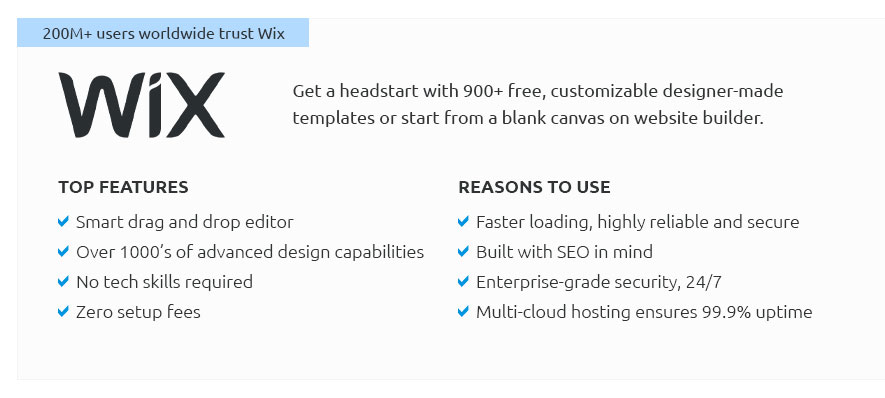 |
|
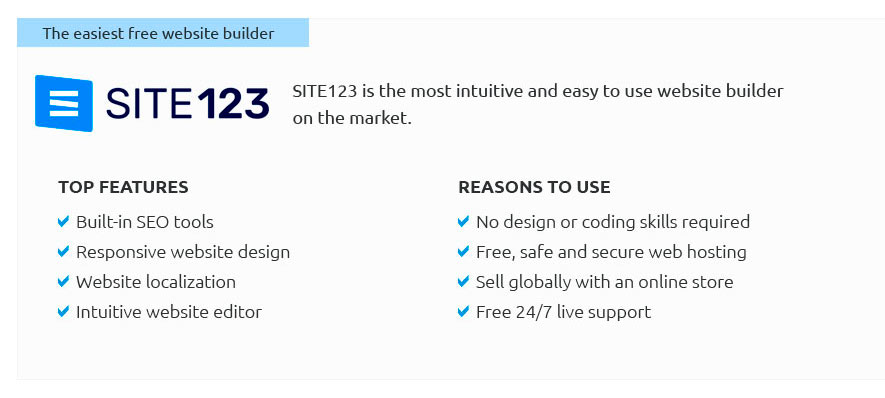 |
|
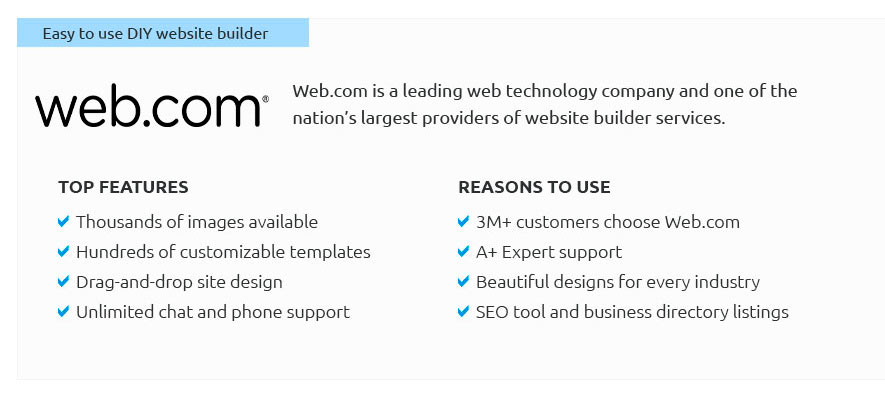 |
 |
|
 |
|
 |
|
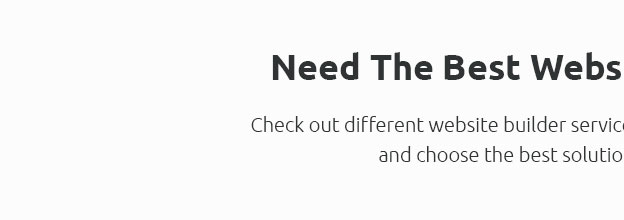 |
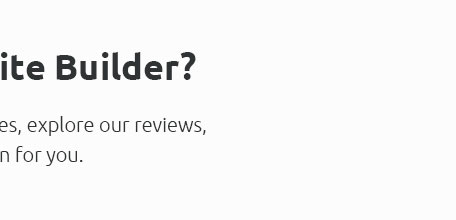 |
How to Build an Author Website: A Comprehensive GuideCreating an author website is an essential step in establishing your online presence and connecting with your readers. As we delve into the intricacies of building such a platform, it's crucial to approach this task with both creativity and strategy. Your website should reflect your personal brand and offer a window into your literary world. Let's explore the key components and decisions involved in crafting an author website that not only captivates but also engages. Define Your Purpose and Audience: Before diving into design and technical details, consider what you want your website to achieve. Are you aiming to sell books, connect with readers, or share your writing journey? Understanding your goals will guide your site's structure and content. Additionally, identifying your target audience will help tailor your message and aesthetic. Whether you write thrillers, romance, or non-fiction, your website should resonate with your specific reader base. Choose a Domain and Hosting: Selecting the right domain name is akin to choosing the title of your next bestseller-it's how readers will find you online. Ideally, your domain should be your author name or a variation thereof, ensuring it's memorable and easy to spell. Once you've settled on a domain, you'll need a reliable hosting service. Look for a provider with excellent uptime, customer support, and scalability options as your site traffic grows. Design with Intention: A well-designed website is both aesthetically pleasing and user-friendly. Utilize a clean, professional design that aligns with your brand. Opt for a layout that facilitates easy navigation, ensuring readers can quickly find information about you and your books. Incorporate high-quality images, a consistent color scheme, and typography that enhances readability. Remember, simplicity often trumps complexity in web design, especially when you want to draw attention to your writing. Essential Pages and Features: There are several key pages that every author website should include. An engaging About page helps readers get to know the person behind the words. Your Books section should feature synopses, reviews, and purchase links. A Blog or News page keeps your audience updated on your latest projects and musings. Don't forget a Contact page, offering ways for readers and media to reach you. Moreover, integrate social media links to encourage further interaction across platforms. Optimize for SEO: To ensure your website reaches a wider audience, employ search engine optimization (SEO) strategies. Use relevant keywords naturally throughout your content, optimize images with alt text, and ensure your site's metadata is accurate and descriptive. An SEO-friendly site structure will improve your search engine rankings, making it easier for new readers to discover your work. Engage with Your Audience: Building a community around your writing is invaluable. Consider implementing a newsletter to share exclusive content and updates directly with your subscribers. Encourage interaction through comment sections on your blog and social media platforms. These efforts not only foster a loyal readership but also provide valuable feedback and insights into your audience's preferences. Keep It Updated: A static website can quickly become obsolete. Regularly update your site with new content, whether that's blog posts, book releases, or media appearances. Consistency in updates signals to your audience and search engines that your site is active and relevant. In conclusion, building an author website is a multifaceted endeavor that requires thoughtful planning and execution. By focusing on clear goals, intuitive design, and ongoing engagement, your website can become a cornerstone of your authorial presence, drawing in new readers while maintaining strong connections with existing fans. Embrace the process, infuse your personality into every element, and watch as your online platform becomes an integral part of your writing career. https://www.youtube.com/watch?v=Y3Kitz7g1kU
Build a website with Zyro! Use code 'DANE' for the limited time deal: https://zyro.com/special/danemcbeth. Free Training: How I made ... https://www.ingramspark.com/blog/what-should-i-put-on-my-author-website
This blog series is the complete guide to creating an author websitefrom domain names and costs all the way down to specific content categories ... https://blog.reedsy.com/guide/author-websites/build-an-author-website/
you don't need to be a tech wizard to make a beautiful site with a bit of guidance, anyone can do it ... Here's how to build an author website ...
|